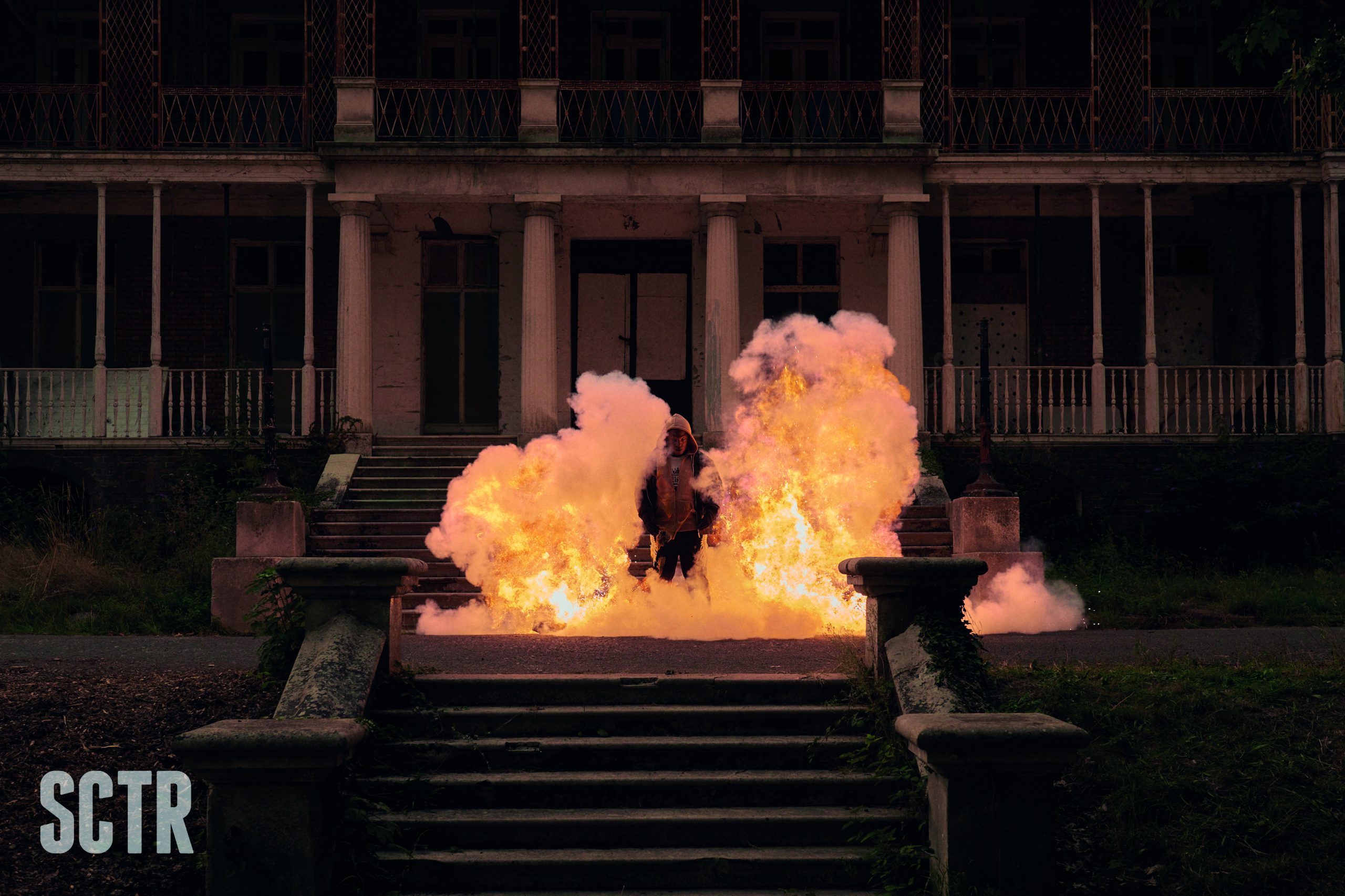FLM
Aidie Palmer: Shaking Up The Stunt World
In his years as a stunt performer, Aidie Palmer has almost certainly made his way on to your screen having appeared in some of the most high profile titles in film and TV over the last decade. Be it No Time To Die, Doctor Strange in the Multiverse of Madness or Death In Paradise, Aidie’s wide range of expertise makes him the perfect candidate for many a role however it hasn’t all been plain sailing. Issues of factions, divisions and a lack of diversity within the stunt industry have made it difficult for Aidie to fulfil his potential up to this point but with his determination and innovative ideas, he has been shaking up the stunt world; dragging it into the 21st Century.
Aidie spoke to SCTR about the problems that minorities face within the industry, the outdated attitudes often perpetuated from those in power and how to make real and effective change when there’s such resistance against it.
Photographer Matthew Lloyd
/ /Writer Jordan Edwards
/ /Video Director Dan John
How It All Began…
Well, actually things could’ve looked very different for me. Although I knew, probably from the age of sixteen, that I wanted to be a stunt performer, the more research I did into the industry, the more I questioned whether it was actually a realistic goal. Financially, it would have been a huge commitment. There are so many essential skills that you’re required to have and to develop an expertise in each one obviously requires a lot of money so there was a concern early on that it may not be the most accessible industry to try and break into.
Luckily around that time, I was playing field hockey to a national league level so I pretty much got a job coaching as soon as I left school which tided me over for a few years. I had a passion for the sport and really enjoyed teaching it to the next generation but it just didn’t give me that buzz; it didn’t make me truly excited. I knew I had to find a way into the acting/stunt world so at the age of 24, I took on some work as an extra which, as a first introduction into the industry, is quite late! Some of my friends had been performing since they were 4 or 5 years old and as with most career paths, it’s all about putting in the time so it felt like I had a fair bit of catching up to do. It’s easy to look around at your peers and think “I need to be achieving what they’re achieving” but the only way for me to do that was to put in my time and make sure I’m around the right people who can help me grow.
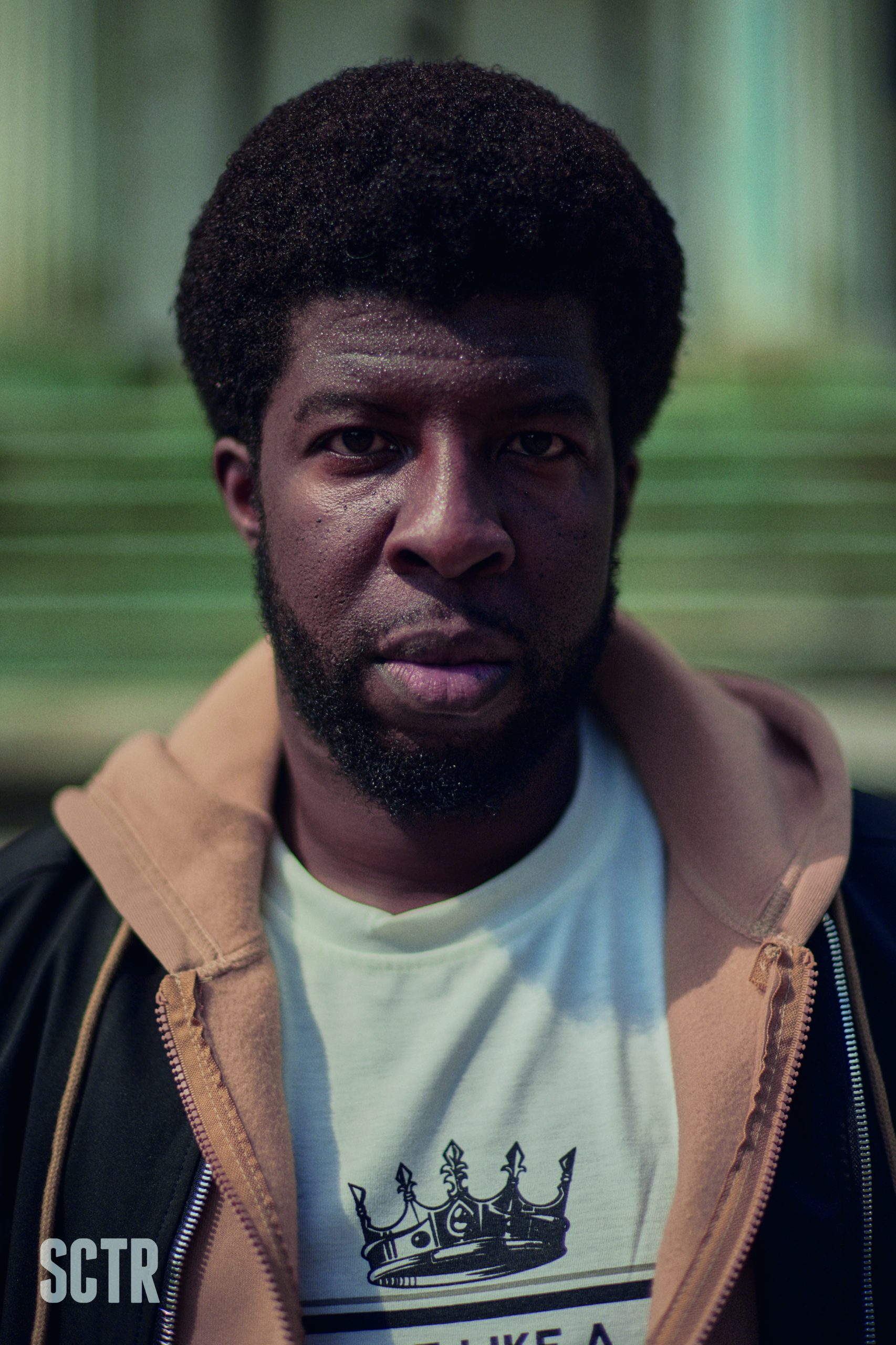
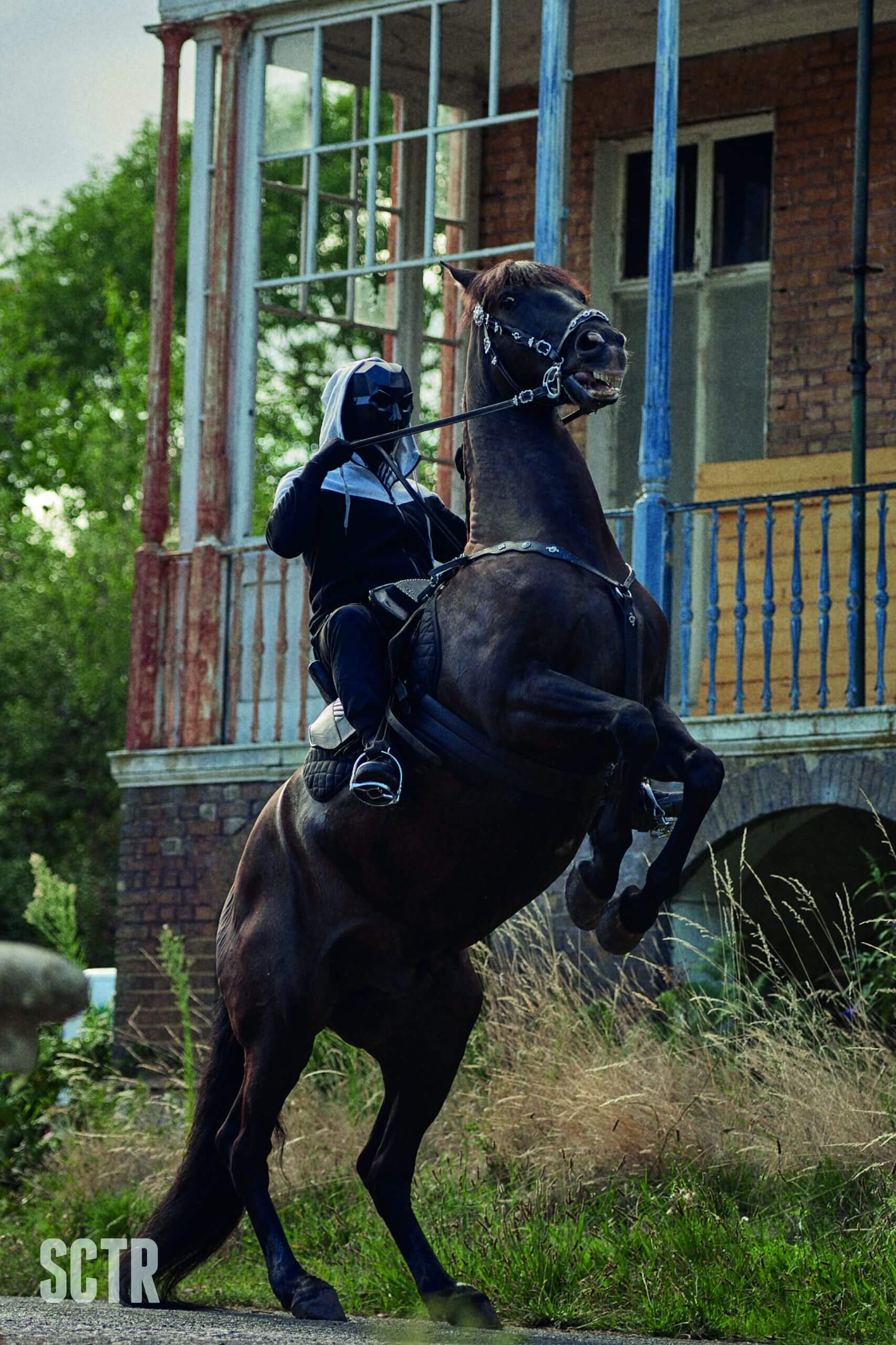
Negativity may be being spread about me but that just means I’m on the radar - I’m being talked about.
Being on-set as an extra, I realised quite quickly that people liked my look and how I came across on camera so that essentially became a full time job for a few years and was a good foundation for what was to come. It got me more familiar with the environment, provided a steady income so that I could then invest in those skills that I would need in order to get into stunt work and it was how I met Hamish Brown.
Expectation vs Reality…
It’s natural to have preconceptions about any industry from the outside, both good and bad. The stunt world is hugely competitive so that was something I was always prepared for but I don’t think I expected it to be quite as ruthless as it can be or how people’s actions can be influenced by others. There are organisations within the industry whose words hold a lot of weight and individuals within one group in particular have been trying to find ways of preventing me from working. Rather than putting my name forward for certain jobs, they prefer to use their influence to sow seeds of doubt around employing me. I’ve been targeted with slander, harassment and bullying both publicly and privately with repeated attempts to tarnish my reputation and have stunt coordinators question my ability or trustworthiness. Trust in this industry is massive! We potentially could have each other’s lives in our hands so if you’re perceived to be a liability on-set, you won’t be working.
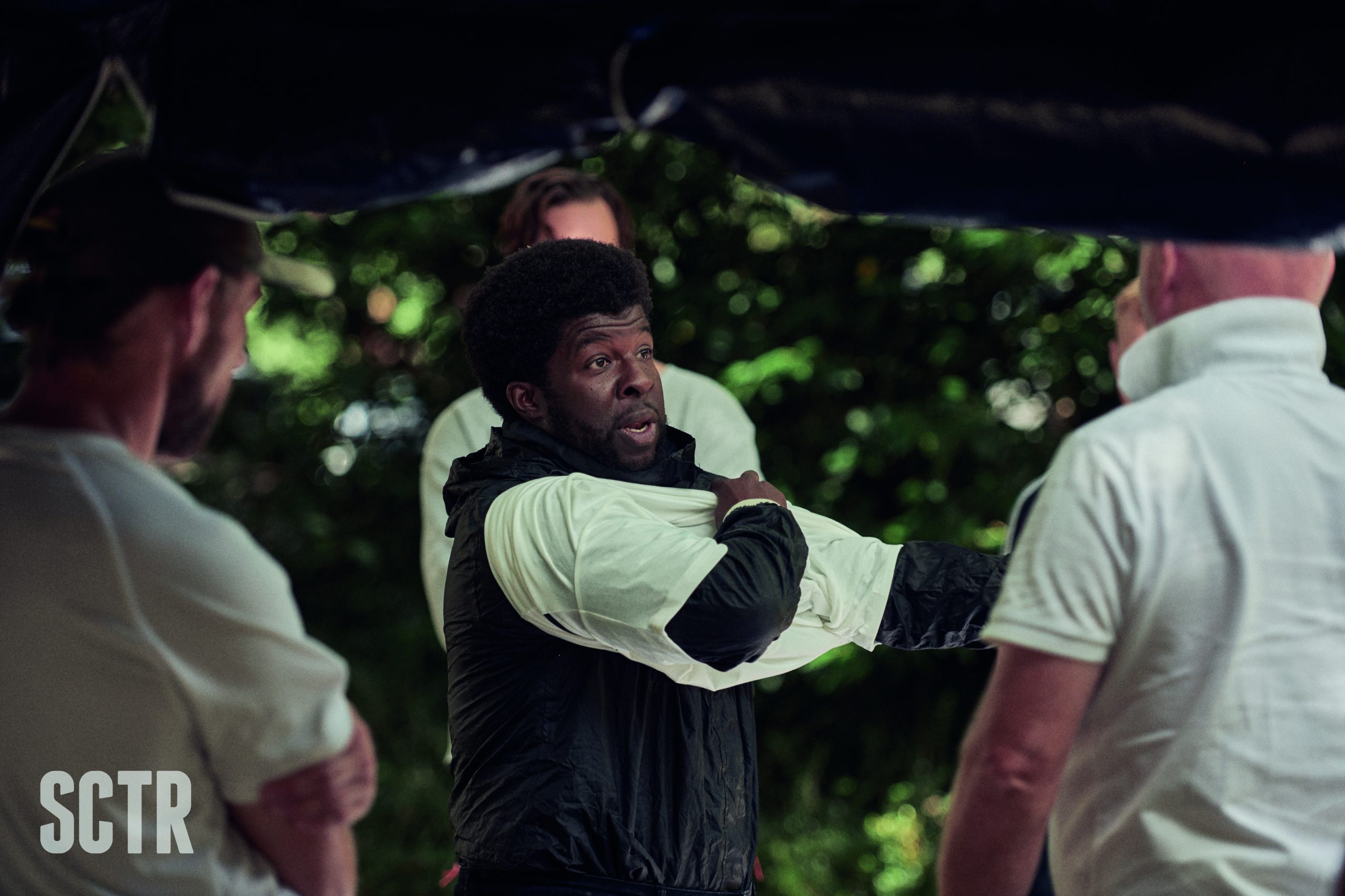
as a minority, you are always going to face issues that caucasian performers don’t, but it’s how those issues are dealt with which have the potential to be either problematic or a positive learning experience.
Having been dragged into situations like that, I know it’s easy to let it get you down and I found myself calling upon friends, family and people I knew I could trust for advice. Having heard about some of the things happening Lee Sheward reached out to me. Lee is a true OG in the Stunt Industry – he’s been performing and coordinating stunts since before I was born and has given me so much guidance and support over the years. He basically told me I needed to crack on and keep improving. If people won’t employ you then go make something yourself; something new and innovative!
Negativity may be being spread about me but that just means I’m on the radar – I’m being talked about. I’m not the first person it’s happened to and sadly I won’t be the last. However, If I’ve got my own portfolio of self-made projects alongside professional credits, then anyone wanting to employ me can look me up have all the proof they need, right there. Creating my own stuff allows me to let the work speak for itself and for it to get to a point where I can’t be ignored.
That’s why building a strong core of people that you trust and that believe in you is so important to me. I mentioned Lee, but I’ve also had people like Hamish Brown and my agent Karen Hough who’ve supported me since I was nothing and had minimal understanding of the industry but they could really see something in me. So much so that they were willing to invest their time and efforts into helping me make a mark on the industry. I have gone on to book jobs for brands such as Pokerstars, Bookings.com, CarWoW and others. Without their help the chances of me working with those brands are very slim at best. They’ve had their own barriers to overcome and have an understanding that the old ways are not always the best. They thrive on doing things differently. I suppose though, a common barrier in most places of work is the strong adherence to tradition. It’s very easy for me to come along and have fresh ideas of how something can be done; new ways of producing amazing results but there’ll always be those who have decades worth of experience that aren’t very receptive to change. That’s why I’m so grateful to have that network of people within the industry who have the same forward-thinking mindset as myself. We all want to make the industry better and in being willing to help people who are keen to help themselves, they have shown that it is possible to make a difference and to do it in the right way.
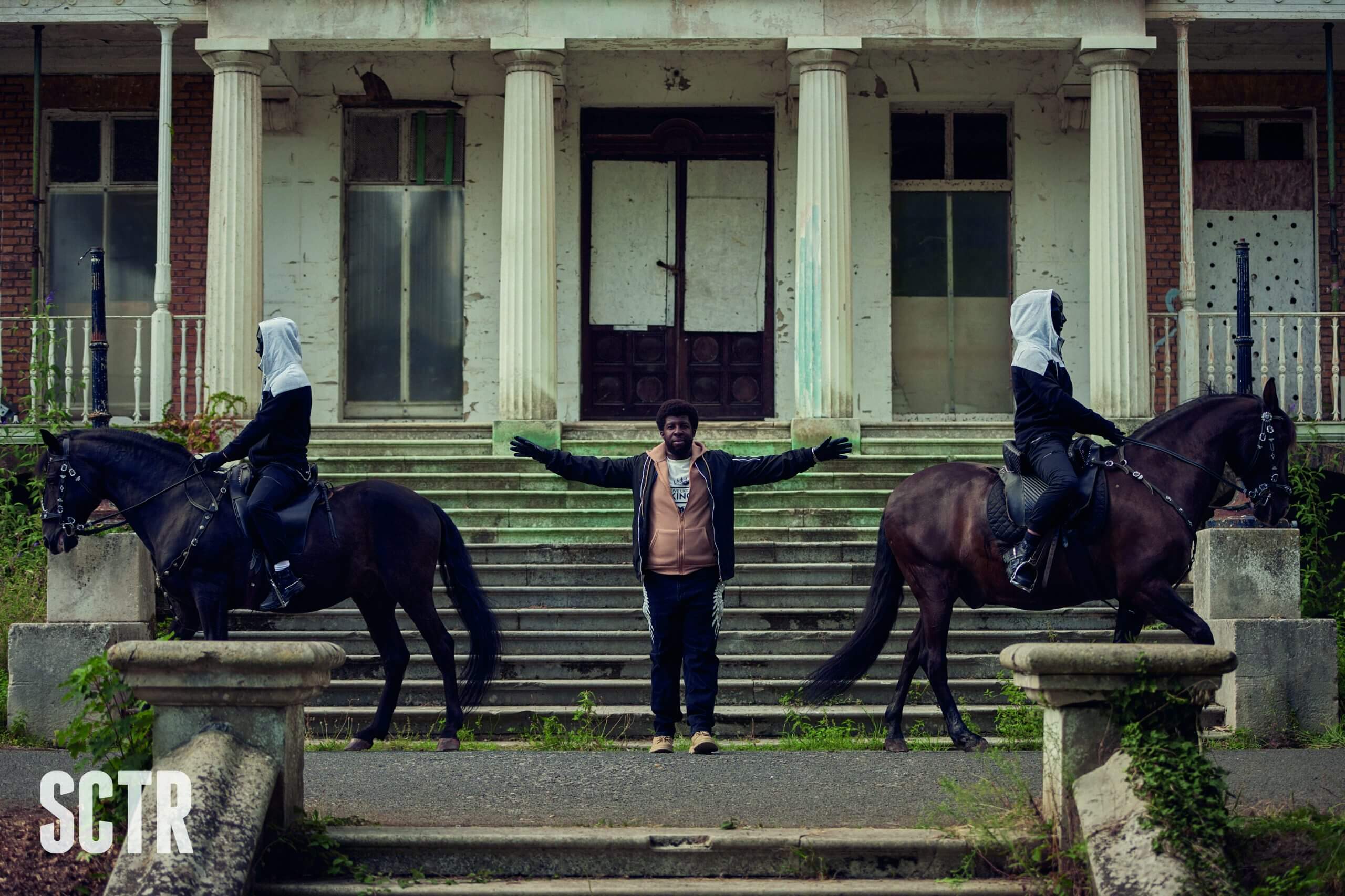
"I never wanted to be on a TV or film set again where the production can say “we can’t source a black horseman”.
Hamish and I recently released Live Like A King which is a demonstration of my fire work. Prior to that we filmed a project that demonstrated my horse riding skills. Andy Butcher actually taught me to ride around 8 years ago and it was his horses you can see in the film dragging me along the floor behind them. They also appear in Live Like A King. That was a really cool “full circle” moment to have him back helping me as horse master on a job and with Lee as the stunt-coordinator and Hamish directing, I would put it up there as a highlight of my career so far. The reason I enjoyed it so much is because it was in complete contrast to some of the more negative experiences I’ve had. These are all people at the top of their field with as much knowledge and expertise that you could wish for but there were no egos whatsoever – it was just really chilled, good vibes; exactly the kind of feeling that I would love to have on every big film set. I’m really grateful that they’ve invested in me and having a final product to the standard of Live Like A King hopefully reinforces that it is worth investing in people who are willing to put the work in.
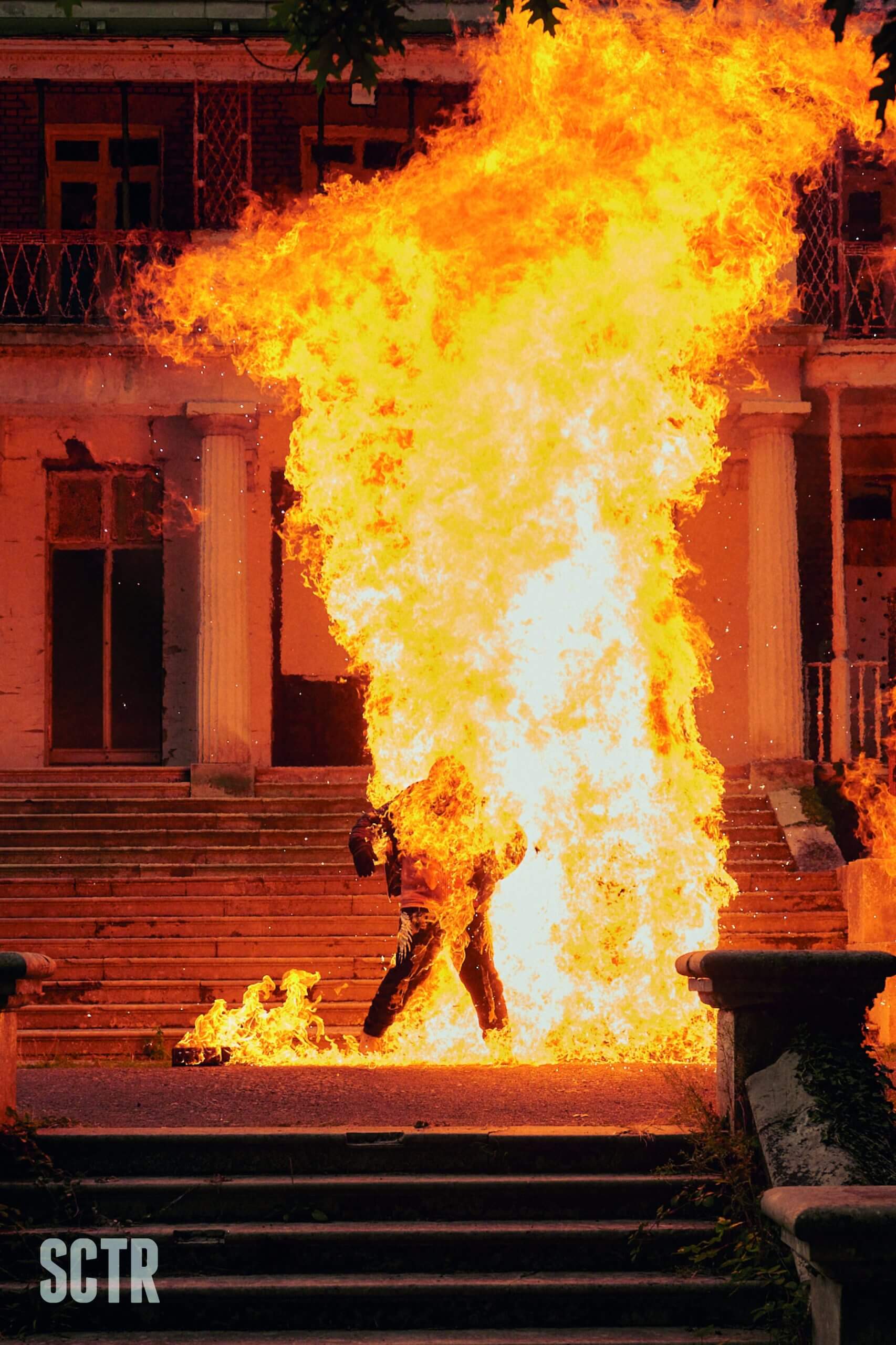
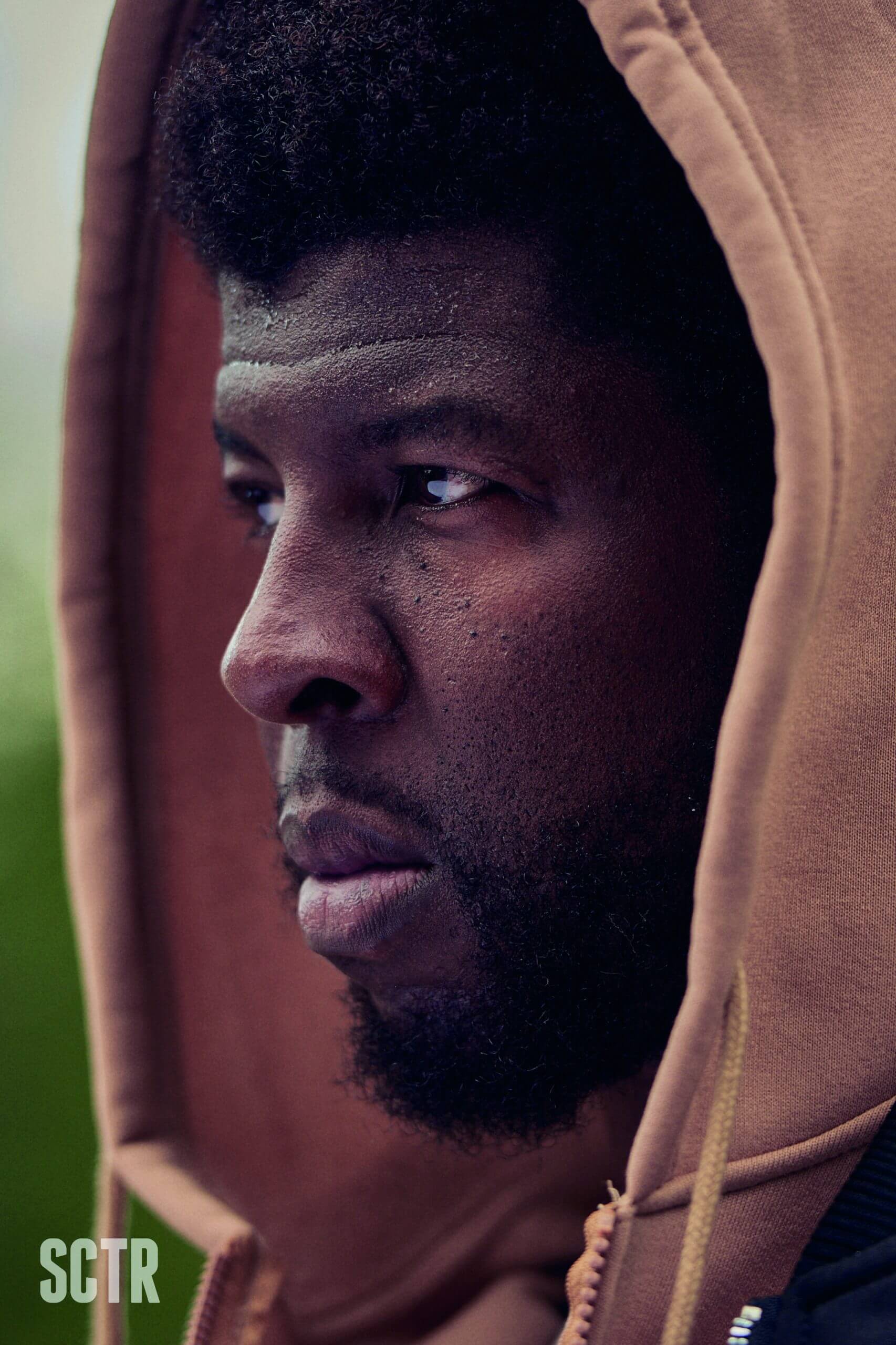
"they have an understanding of how incredible the industry could look if opportunities were given based on the talent and hard work of each individual."
Diversity In The Industry…
There can be a perception in the industry that black performers have it easier. This isn’t necessarily a widely held opinion but it’s something I have certainly noticed. The reality is though, as a minority, you are always going to face issues that caucasian performers don’t, but it’s how those issues are dealt with which have the potential to be either problematic or a positive learning experience. For example, for Live Like A King I needed a full face fire mask and the company that I went to had never produced one for a black stunt performer before. There were no options to have an existing mask tailored to show more ethnic features but what they did offer me was actually above and beyond. They agreed to create a bespoke mask for me (for the price of a generic one) and told me that the mould of my face would now be their standard black mask moving forward. Just think how important that is! Both me and the people making the masks were confronted head on with an issue brought about by the lack of diversity in the stunt industry, yet through understanding and compassion, it was resolved quickly. Not only that, but we were able to have a really pleasant back-and-forth open conversation. Knowing that companies are willing to adapt and evolve with the times like that gives me a lot of hope that the industry can change.
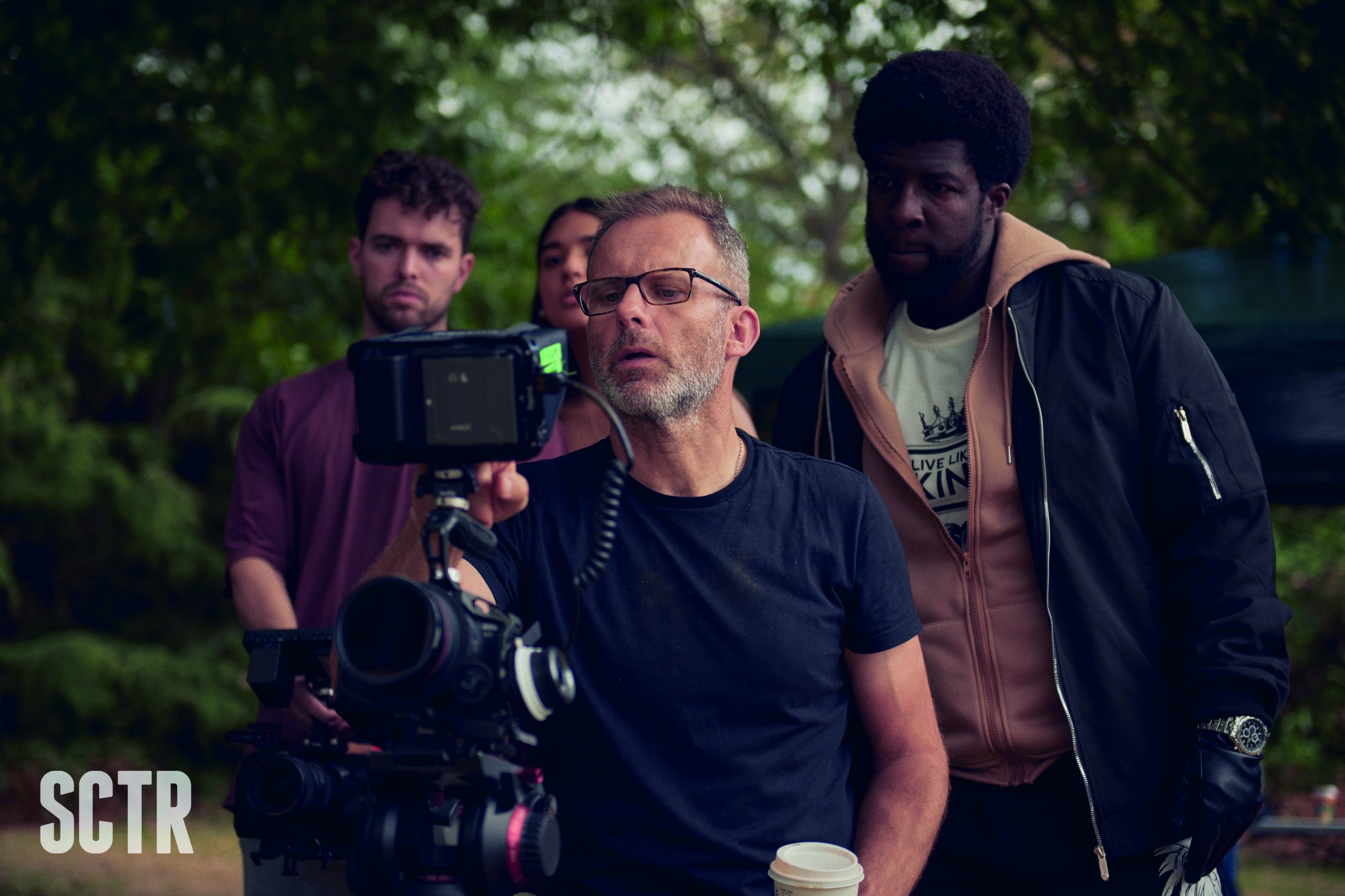
"concrete steps must be taken to ensure that there are more stunt performers from minority backgrounds on screen."
On the other hand, I’ve known situations that haven’t been handled with quite so much compassion. I’ll use the example of when a black horseman was needed for a sequence because what followed wasn’t something that anyone could have predicted (at least not in the 21st Century). The production were struggling to find an appropriate performer who looked the part and also had the necessary skills. At the time, I wasn’t able to ride and the conclusion made by production was that they just couldn’t find any stunt performers who were black and could ride a horse. They had a number of caucasian riders available though, so their solution was to use blackface and “black up” somebody who was already on-set – it seemed to be the easiest way of solving the problem so it probably made the most sense to them. This was the first time I had been exposed to this and it was an odd experience, to say the least. I just felt very uncomfortable; my shock and disappointment mixed with confusion and self-reflection. Remember, I literally couldn’t ride a horse so what good was I doing by standing there and saying “this isn’t right!” or “this is an outrage!”? Me not being able to fulfil that role almost felt like I was justifying their decision.
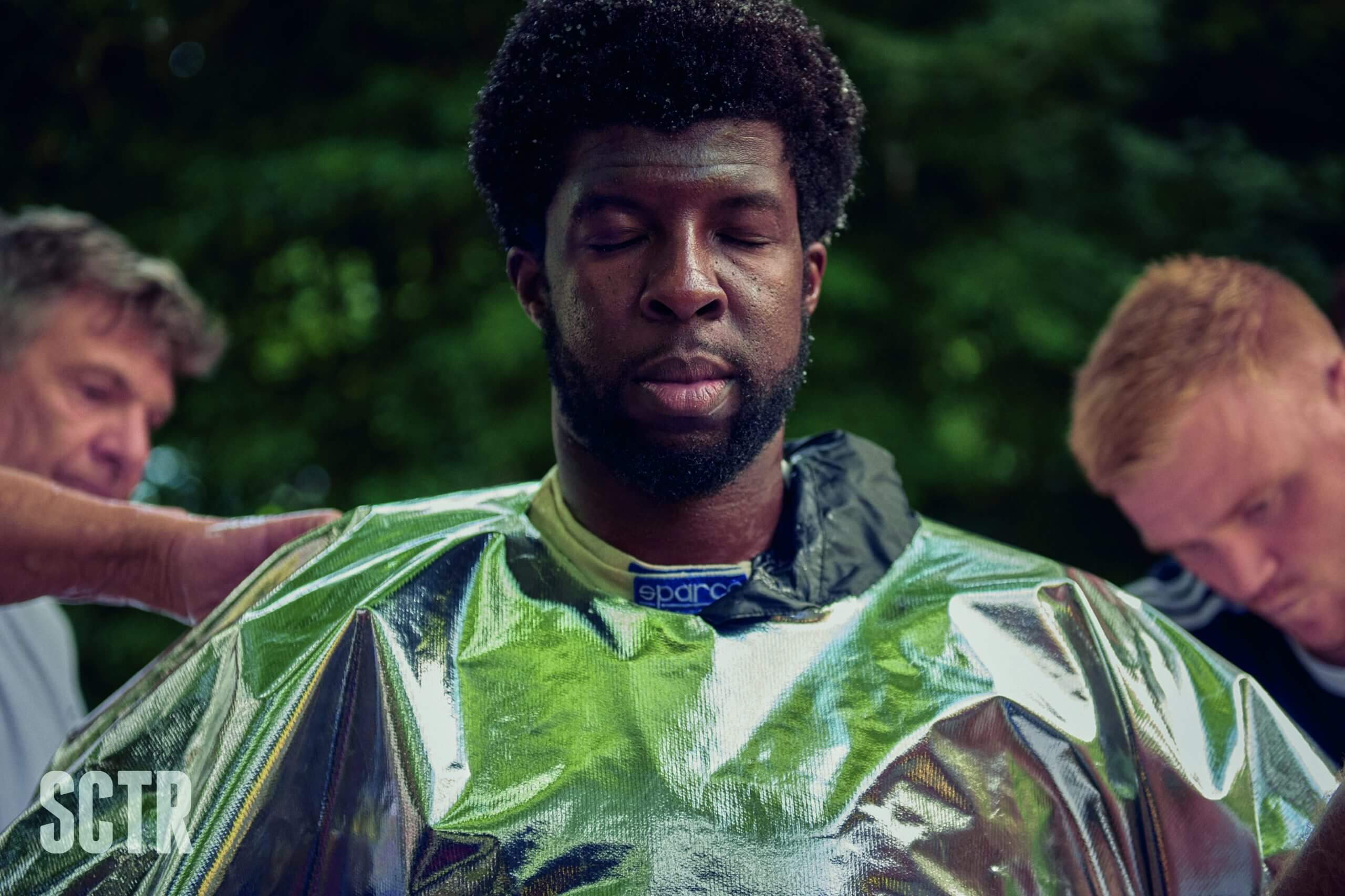
Looking back, it’s clear to me that there are so many options that can be explored before resorting to “blacking up” a white performer. An argument could be made that, if all other possibilities have been considered and are rejected for whatever reason, then the use of makeup to change ethnicities shouldn’t be ruled out. This is a view which I categorically oppose. I fully understand that scenarios may arise where the ethnicities of the actor and double do not match, however on-set there are always enough creative minds to shoot something effective without requiring the painting down or blacking up of any performer.
Ultimately though, I used that experience to spur me on. I never wanted to be on a TV or film set again where the production could say “we can’t source a black horseman”. That’s actually when I first contacted Andy at AB Film Horses and started training with him (He really has taught me a lot about horses and even more about the industry). So now, if I find myself in a similar position and I ever hear those words again, I’m able to say “actually, I’m a black horseman”. I can also send through the evidence. Not only can they see that I’m capable but they can see that it’s my own project. This is another reason why we created Live Like A King. If I can do it on my own, imagine what I could do with the backing of a production company! This in itself is like a massive explosion in the industry. How can little old me that nobody knows be going against the norm like this – making decisions and changes way above my pay grade? Of course, wider change needs to occur but really, it’s my responsibility to combat the struggles that I experience almost by nullifying them. If you say I can’t do something, the onus is on me to prove that I can and in constantly fighting against these challenges, I’m putting myself in the best possible position to be accepted for a job.
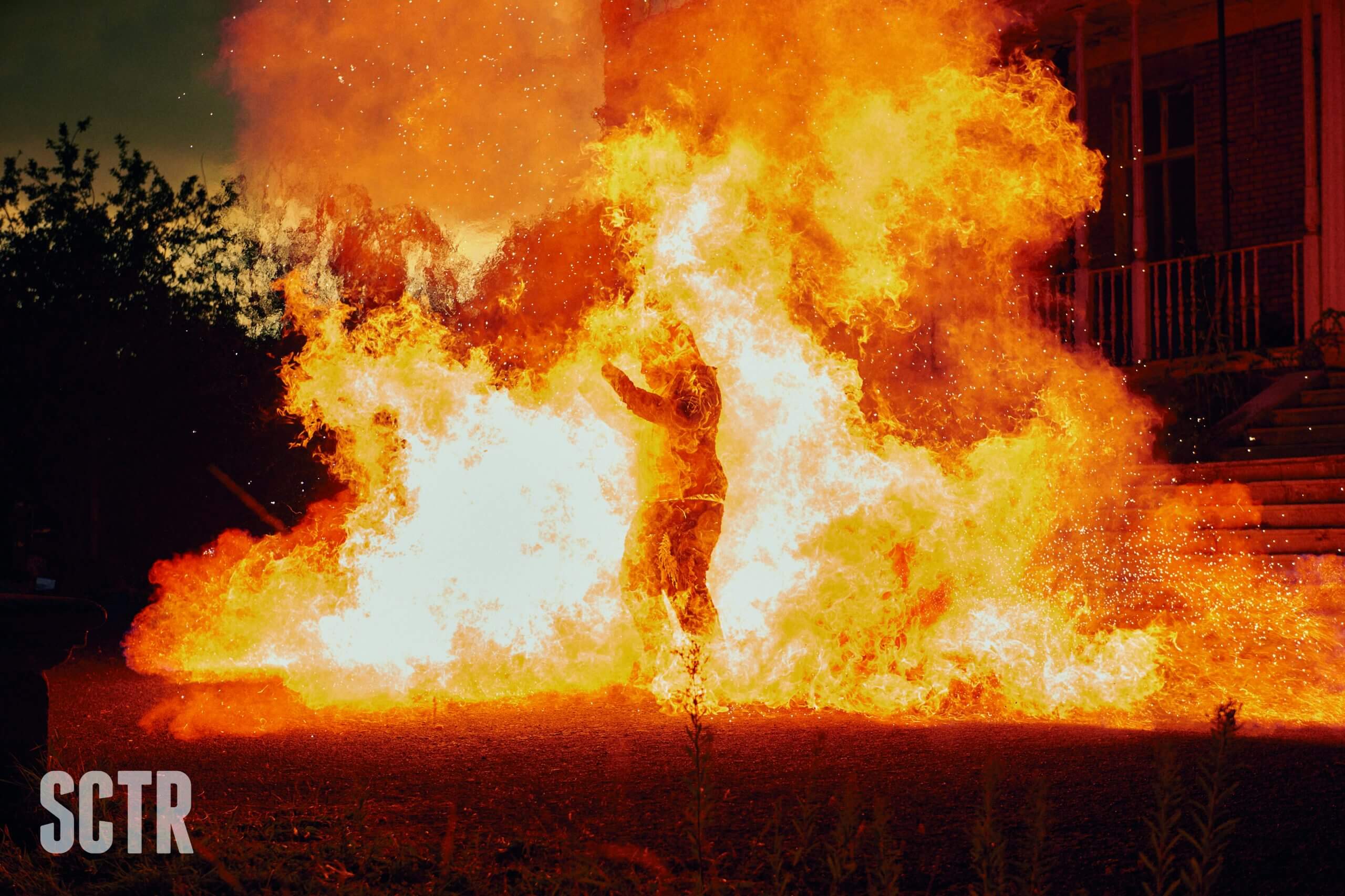
Diversity: Moving Things Forward…
One thing I want to clear up is the common misconception that racism and prejudice comes exclusively from middle aged, caucasian men in the industry when actually that’s not always the case. Of course, there are people who fit that mould but if I cast my mind back to a couple of my most recent independent projects; all of the people who helped make it possible are middle aged, caucasian men; the difference being, they have an understanding of how incredible the industry could look if opportunities were given based on the talent and hardwork of each individual. As I said, they’ve had their own struggles over the years, prevented from getting certain jobs for various reasons so when it comes to progressing the industry forward, these are the kinds of people we need – open minded, independent thinkers who want to smash down the barriers as much as I do. Contrast that with the fact that one of the organisations within the stunt world right now have associated individuals that run a private whatsapp group, the group is run by black stunt artists who basically try and maintain a monopoly on all the available jobs. They essentially try to dictate which performers get an opportunity to work and which performers don’t. Who’s to say if they truly act of their own accord or if they are dictated to from more senior figures but, either way, I’m sure you can imagine it doesn’t create the most fair or harmonious environment; actually encouraging division and the formation of break away groups acting independently.
That being said, it’s all well and good creating our own projects and giving each other opportunities, but if the industry is to truly change, concrete steps must be taken to ensure that there are more stunt performers from minority backgrounds on screen. One thing that is unavoidable is research into what is actually causing such a lack of diversity – only then can we really identify the problem and work to address it. In the short term, there should be a push to help existing talent get to the forefront and in time, encourage newer generations to get involved, seeing it as a viable career path resulting in an industry which grows and changes organically. This should be the long term goal – an industry which just works for everyone, letting go of old attitudes which not only hold back individual performers, but also hampers the progress of the industry as a whole.
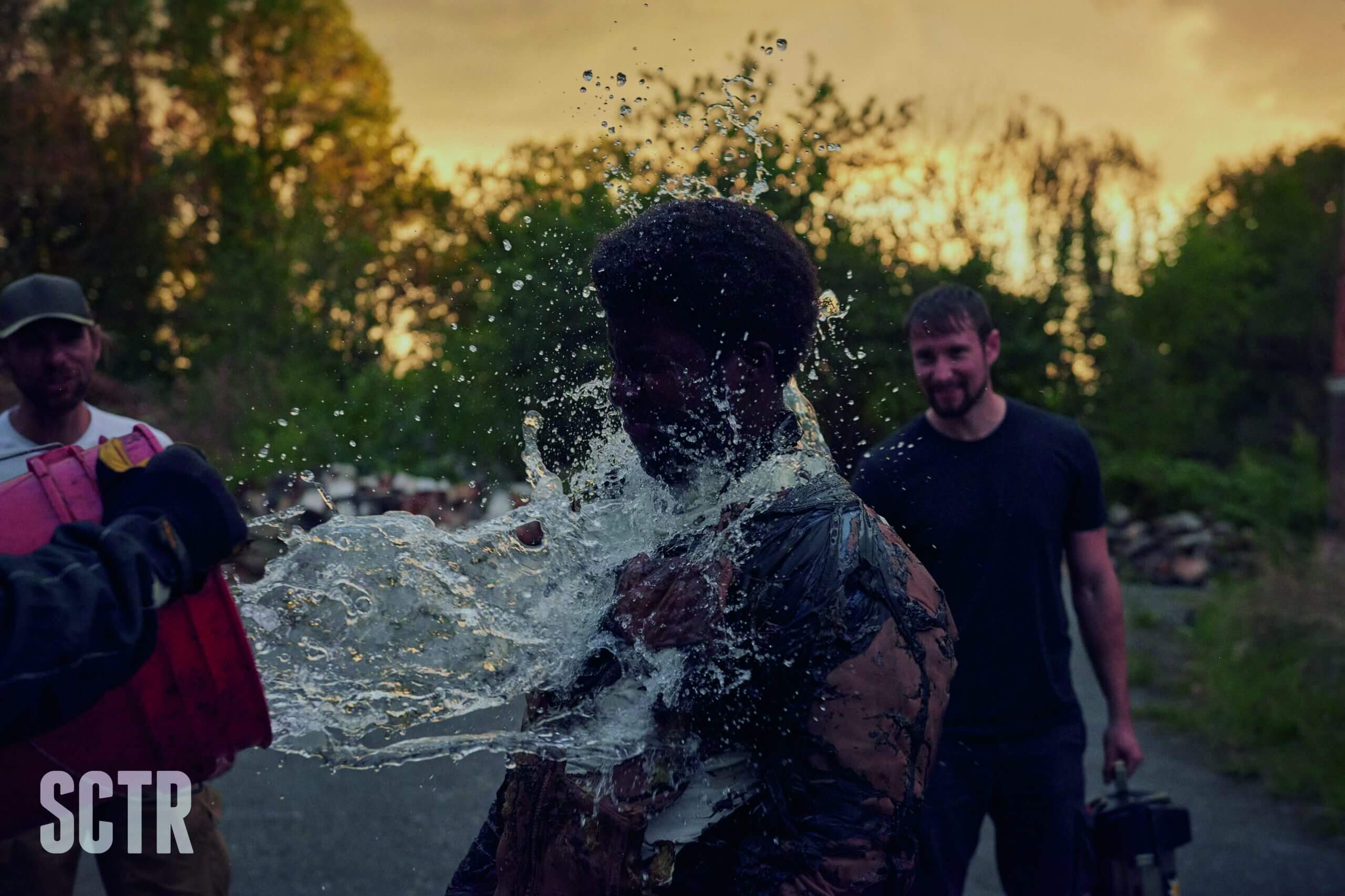
Aidie is currently showing off his skills in ITVX’s Six Four with Mission Impossible: Dead Reckoning set for release later this year.
You can check out Aidie’s independent film Live Like A King here.
